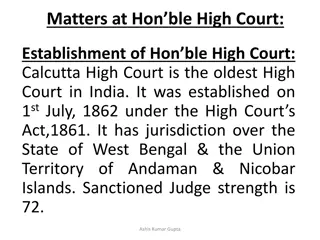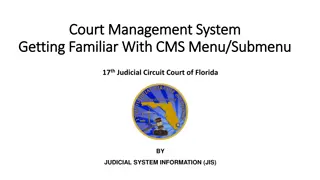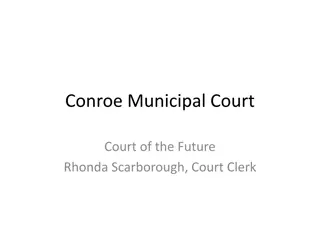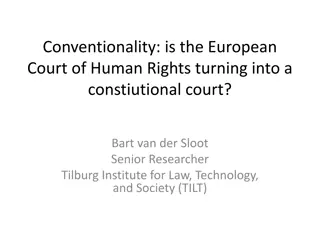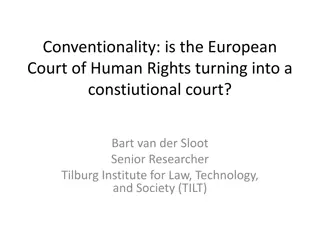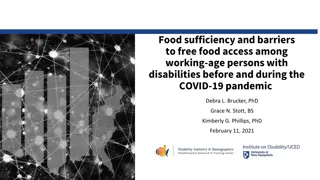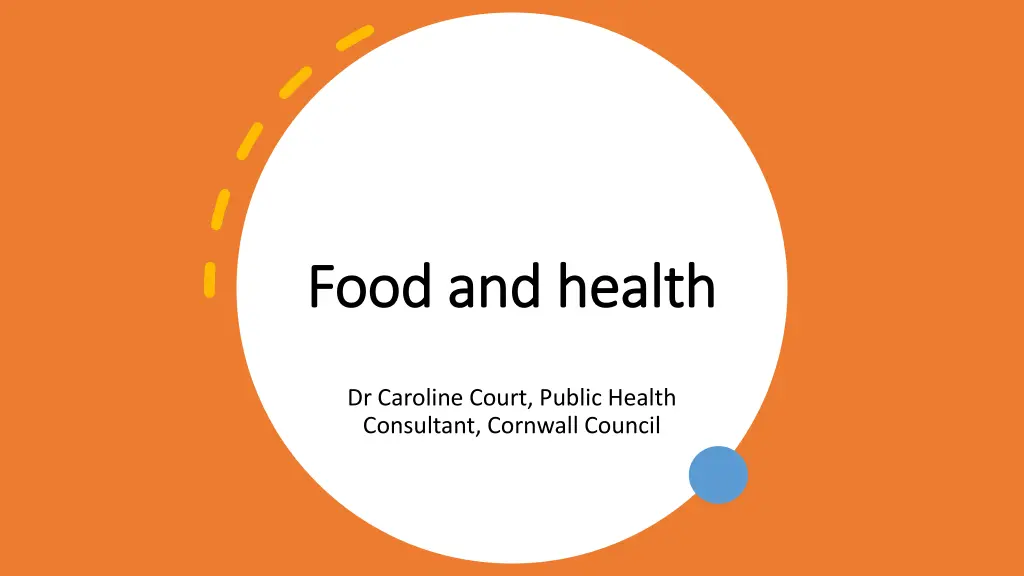
Childhood Overweight & Obesity in Cornwall
Explore the challenges of childhood overweight and obesity in Cornwall, revealing statistics, dietary issues, and the disparities in accessing healthy foods. Discover the recommended strategies for a healthier lifestyle and the socioeconomic impact on deprived households.
Download Presentation

Please find below an Image/Link to download the presentation.
The content on the website is provided AS IS for your information and personal use only. It may not be sold, licensed, or shared on other websites without obtaining consent from the author. If you encounter any issues during the download, it is possible that the publisher has removed the file from their server.
You are allowed to download the files provided on this website for personal or commercial use, subject to the condition that they are used lawfully. All files are the property of their respective owners.
The content on the website is provided AS IS for your information and personal use only. It may not be sold, licensed, or shared on other websites without obtaining consent from the author.
E N D
Presentation Transcript
Information Classification: PUBLIC Food and health Food and health Dr Caroline Court, Public Health Consultant, Cornwall Council
Information Classification: PUBLIC Childhood overweight and obesity in Cornwall Reception - 23.6% Year 6 34.9% Where are Where are we now? we now? UK National Diet and Nutrition Survey Adults diets - 200 to 300 excess calories per day Too much saturated fat, sugar, and salt Too little fibre, fruit and vegetables, and oily fish
Information Classification: PUBLIC Where should Where should we be? we be? NHS Eatwell / Planetary health / Mediterranean diet Public find the messaging confusing Government recommendations are consistent since 2015 (when max sugar was halved and fibre increased)
Information Classification: PUBLIC Eat food Eat food not too much not too much mostly plants mostly plants Michael Pollan Michael Pollan
Information Classification: PUBLIC It is three times more expensive to get the energy we need from healthy foods than unhealthy foods The most deprived decile households would spend 75% of the disposable income on the Eatwell diet But .. But .. It is harder to buy healthy foods in deprived parts of the UK there is also a higher density of fast food outlets in these areas
Information Classification: PUBLIC Cornwall Community Insights profile Cornwall Community Insights profile Local Insight (communityinsight.org)









